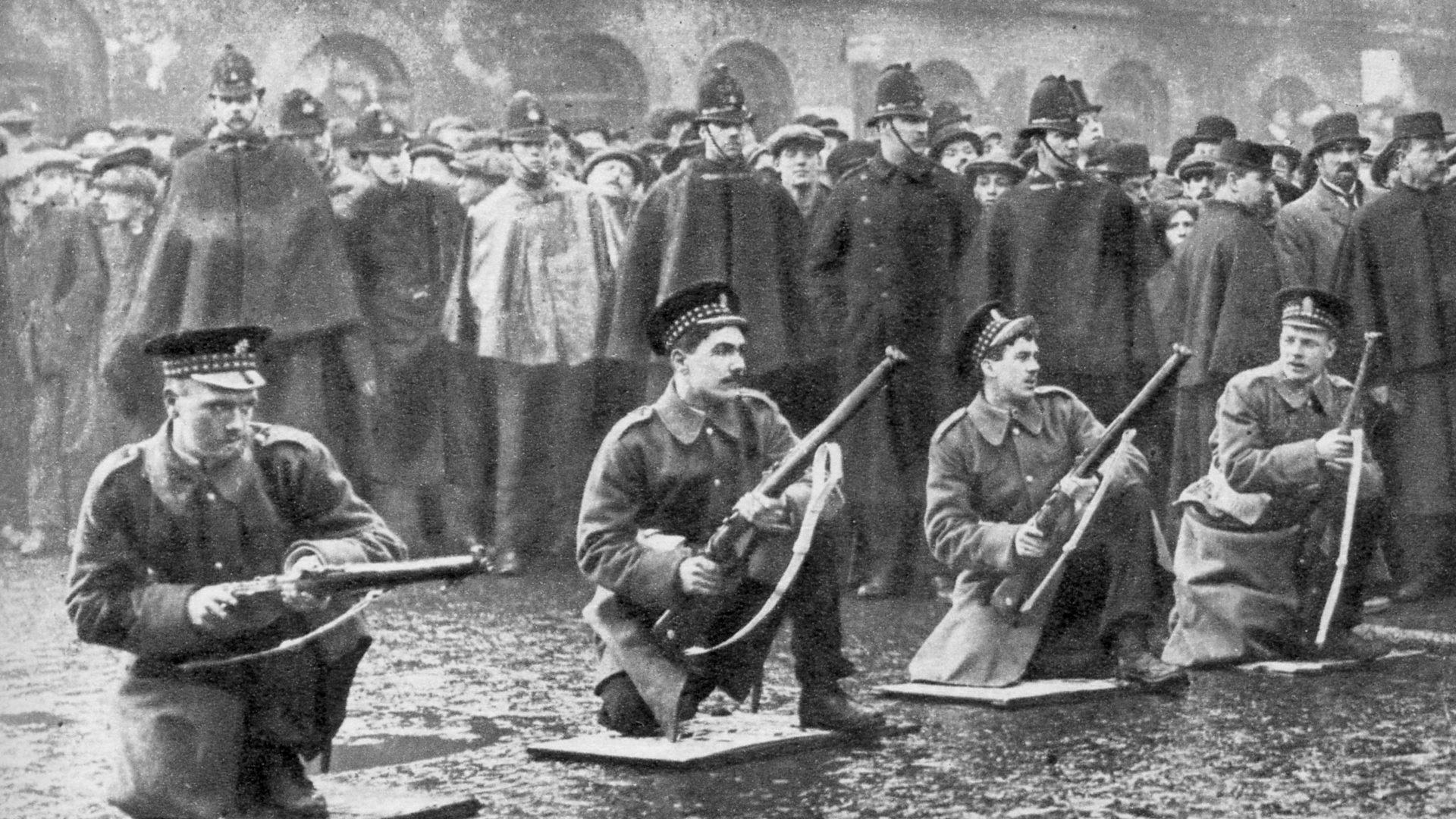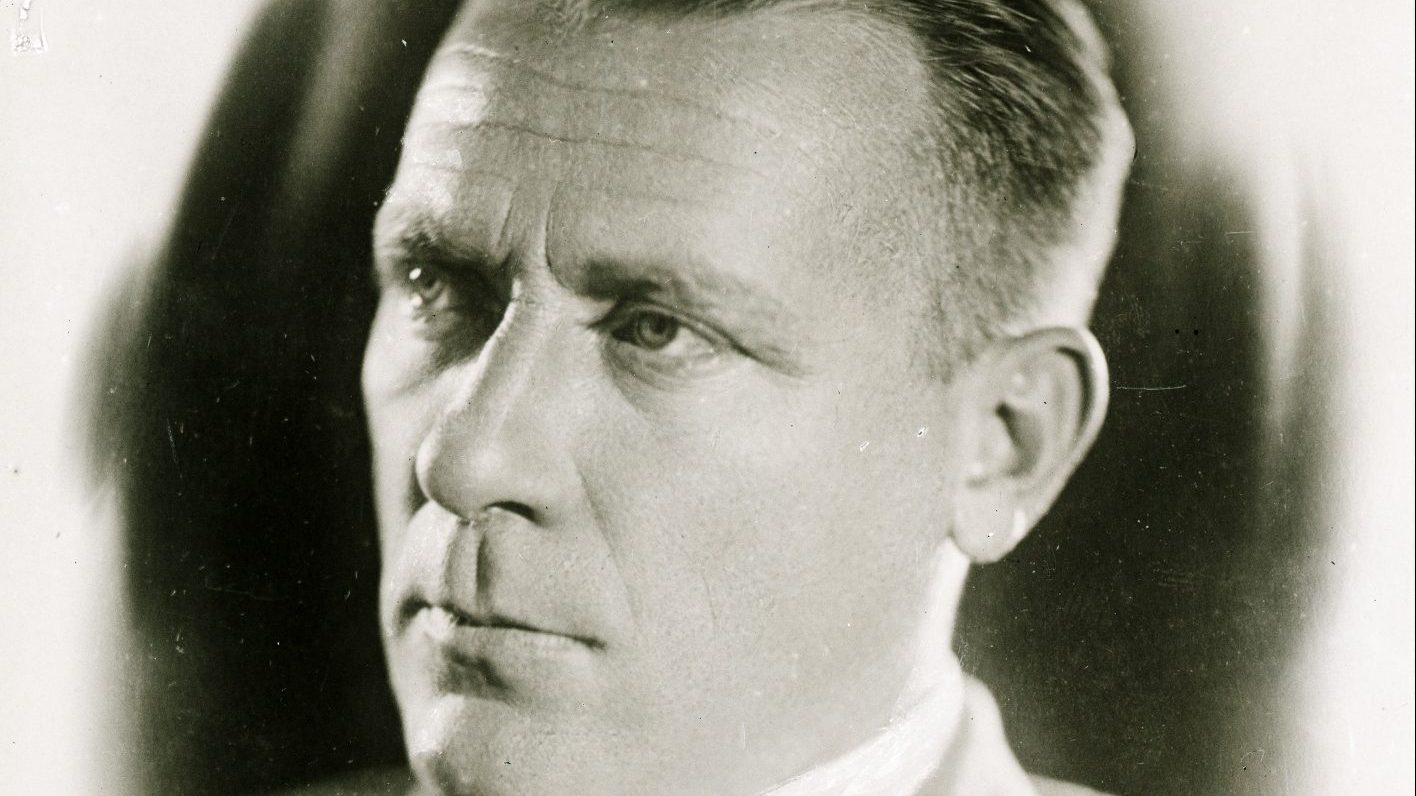Lee Anderson seems torn apart by a passionate intensity – while Paul Scully is just, on my reading, an idiot. Anderson is, indeed, in Yeats’s celebrated formulation “the worst” – Scully merely silly and tawdry. Is it any surprise that in that crepuscular period in British politics before a new dawn, and a new regime, such bigoted little beasties come out to prey on one another?
Lee Anderson is a miner’s son who went down the mine himself. A Scargill-inflected Old Labourite, I imagine his home culture to’ve been not unlike that of my second wife: white working class, socially conservative, with a free-floating and mostly unconscious racism born of ignorance more than anything else. What puzzles about Anderson – given his frenzied othering – is the other side to his biography: after a spell down the mine himself, he spent years working in Citizens Advice as a volunteer, then as a resettlement worker for vulnerable young people leaving care. There’s that, and Anderson has also experienced poverty himself while bringing up his own children as a single parent.
Finally, his second wife – also a Tory politician – suffers from cystic fibrosis; so presumably he has considerable experience caring for an invalid. Yet if there’s a vulnerable social group, Anderson zeroes in on it unerringly, and confers upon it his unalloyed prejudice. Removing yourself from the red wall and then becoming a right wing brickbat isn’t such a big deal when you realise that what he wants to do isn’t exalt, but denigrate and dehumanise his enemies prior to attacking them head on – because let’s face it, being “tribal” Tory or Labour is mostly about tribal warfare, tout court.
As for his exposure to human vulnerability – I suspect it’s made him fear it, as a contagion. The resentment born of such repressed anxiety isn’t buried deep inside this man – it’s just below the surface: scratch him with the silvery edge of specular media, and out it spews: the Roma, the poor, the Jews, the Muslims, refugees of all stripes – these are his amuse bouche; but I suspect – if it weren’t for native cunning and electoral triangulation – he’d be chowing down on a good, old-fashioned racism.
Anyway, during some tawdry television tarantella, Anderson finessed ridiculous remarks out of Scully – a Tory MP from the deep sarf of London – about how Tower Hamlets in east London now has “no-go areas”, in which some sort of shadowy Daesh-inflected regime runs the ’hood. How would he know? If at all true, you’d have to actually walk around Tower Hamlets, and talk to its residents a good deal in order to confirm it – something I cannot imagine Scully doing.
The only place MM has been warned off in east London recently was in the back of Hackney, and nothing whatsoever to do with ideology or religious doctrine. I stumbled on a serious smack- and crack-dealing zone a few blocks from the urban centre, and was told in no uncertain terms to, um, fuck off. By black British guys, if you’re wondering – not that this matters one jot or tittle. Tower Hamlets always seems fairly chill to me, although the dealing and street prostitution kicks off late at night in Bangla Town, with attendant violence on occasion.
It’s true that for the likes of Anderson and Scully – for whom change of all sorts is probably… disturbing – a wander along the contemporary Commercial Road may be disorienting, what with the absolute predominance of hijabs, and other customary forms of head covering worn by people of Bangladeshi and Bengali heritage. MM digs the vibe – people have always been perfectly friendly, even when he was wearing upper-middle-class white man uniform. Now he’s in djellaba and thobe, they’re even more accommodating – shout out to Asok, who has the little cafe and pan stall opposite the Blind Beggar, and who made me one of the yummiest chaws of betel and lime paste I’ve ever had.
Tower Hamlets really was a no-go area 125 years ago, when the American writer, Jack London, asked Thomas Cook’s burgeoning travel agency to organise a tour of the district for him. They declined to do so, on the grounds that it was more dangerous than “darkest Africa”. Undeterred, London bartered his clothes for old ones, and spent a night in the “spike” or casual ward – and thereafter many more in the stygian depths of what was then a very poor district indeed.
London doesn’t remark on the East End’s immigrant population much – but if there were any “no-go” areas in the 1900s, they would have been ones in which Jewish refugees from the pogroms in the Russian Pale predominated. Still, if Anderson went back in a time machine, he’d still be at home in this sense at least: everything might’ve changed, but bone-headed bigotry would be exactly the same.



